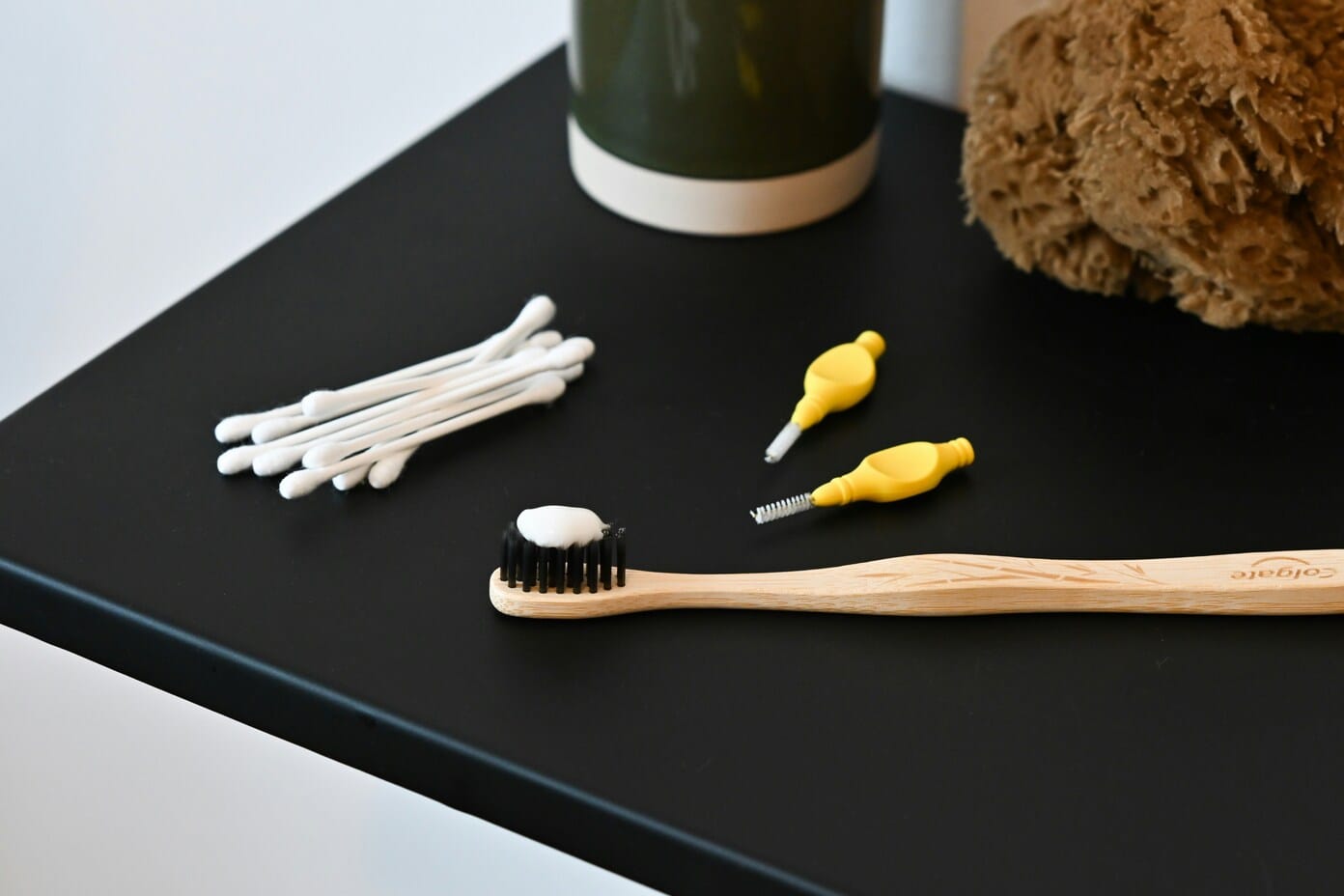Top Toothbrushing Tips
Brushing your teeth is something you’ve been doing your whole life but did you know that the way you brush can make a big difference to your oral health? We often get asked questions about toothbrushing, from what’s the “right” toothbrush to how often to change it to whether harder bristles actually clean better (quick answer: they don’t).
Whether you’re a perfect brusher or just need a quick reminder, here’s everything you need to know to keep your mouth health in top condition.

How Often Should You Replace Your Toothbrush?
This is the number one question we get asked! It’s easy to forget, but your toothbrush has a shelf life. You should replace your toothbrush (or brush head if you use electric) every 3 months – or sooner if the bristles are splayed.
Worn-out bristles don’t clean effectively and can even irritate your gums. Plus you tend to brush harder to get that squeaky clean feel. If you’ve been ill, it’s also a good idea to replace your brush to prevent reinfection.
Electric vs Manual: Which is Better?
Electric toothbrushes and manual toothbrushes can both do a good job – as long as you use them correctly. But many studies suggest electric toothbrushes have the edge.
Electric Toothbrush Benefits
- More effective at removing plaque because the brush head rotates much faster than you can manually brush
- Built-in timers encourage brushing for the full two minutes and are often broken up into 30 second bursts so you evenly brush each quarter of your mouth
- Consistent movement and pressure – less guesswork and less vigorous scrubbing. Some have pressure sensors too so you know when you’re brushing too hard
- Can help reduce or decrease gum disease.
Manual brushes are still fine if you have good technique and brush for long enough. But if you’re prone to rushing or find brushing a chore, an electric toothbrush might help keep things on track. Plus they tend to keep your teeth cleaner for longer as you tend to clean more thoroughly.
Bristle Hardness: Does It Matter?
Yes! And more than most people realise.
- Hard bristles are not better at cleaning teeth. In fact, they can be harmful. Using a hard-bristled brush (or brushing too aggressively) can wear away enamel and irritate your gums over time, often contributing to receding gums too.
- Soft or medium bristles are usually the best choice. They’re gentle on your teeth and gums while still being effective at removing plaque and food debris.
If you’re unsure, ask your dentist or hygienist to recommend the best type of brush for your mouth.
Top Tooth Brushing Tips
Here are a few quick reminders that can make all the difference:
- Brush twice a day for two minutes, once in the morning and once before bed.
- Use fluoride toothpaste. This helps protect against tooth decay and strengthens enamel.
- Brush in gentle, circular motions and don’t scrub back and forth. Think of it more like massaging your teeth.
- Don’t forget your gums. Plaque loves to hide here.
- Clean your tongue after brushing. A gentle brush or tongue scraper can help reduce bacteria and freshen breath – don’t use your toothbrush though as you’re adding bacteria from your tongue. Use a different brush or a purpose bought tongue scraper.
- Wait 30 minutes after eating acidic foods. Brushing too soon after something like orange juice or vinegar can damage softened enamel.
Good brushing habits are one of the easiest and most effective ways to keep your mouth healthy. If you’re not sure whether your technique or toothbrush is doing the job, we’re always happy to help. At your next check-up, feel free to ask us to show you the best brushing methods or ask us any brushing questions you may have.
Need a brush upgrade or technique check?
Book your next visit with us and we’ll help you brush up your routine (pun intended!). We’re here to keep your mouth and teeth clean and healthy. Contact us today to make an appointment.

Sorry, the comment form is closed at this time.